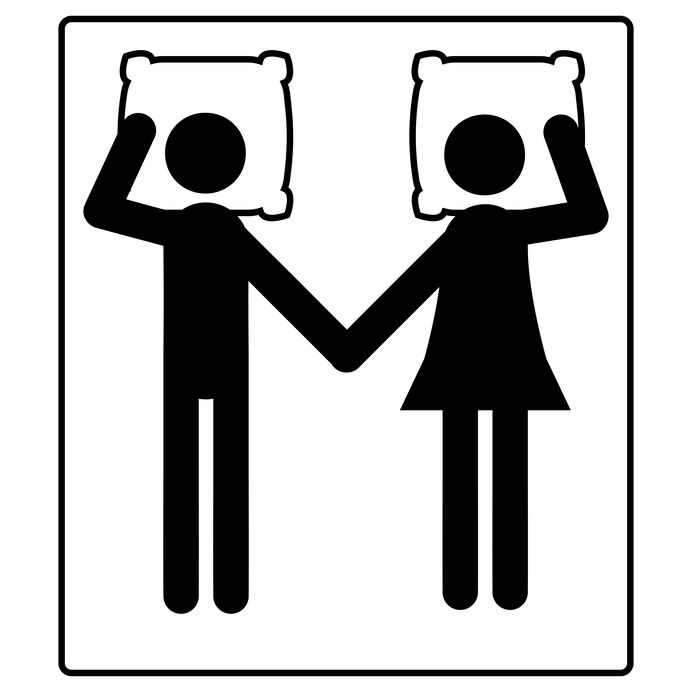Finding the right therapist you can discuss sexual issues with may take some time and work, but it’s worth the effort. The connection you have with your therapist is very important. You need someone who you can trust—someone you feel comfortable talking to about difficult and intimate subjects – so take some time at the beginning to find the right therapist. Shop around and ask questions when interviewing potential therapists.
Experience is important. One of the main reasons for seeing a therapist, rather than simply talking to a friend, is experience. Look for a therapist who has years of treating the problems that you have. Often, therapists have special areas of focus, such as depression or eating disorders. Experienced therapists have seen the problems you’re facing again and again, which broadens their view and gives them more insight. And for some problems, such as sexual trauma or sexual functioning concerns, seeing a specialist is absolutely essential. A therapist who is equipped to assist you with matters of sexual health will have special training in sex. Some are called Sex Therapists or Clinical Sexologists. Others will have degrees in sexual health.
Look into licensing. Credentials aren’t everything, but if you’re paying for a licensed professional, make sure the therapist holds a current license and is in good standing with the state regulatory board. Regulatory boards vary by state and by profession. Also check for complaints against the therapist.
Trust your instincts. Even if your therapist looks great on paper, if the connection doesn’t feel right—if you don’t trust the person or feel like they truly care—go with another choice. A good therapist will respect this choice and should never pressure you or make you feel guilty.
What’s most important in a therapist or counselor is a sense of connection, safety, and support. Ask yourself the following questions:
- Does it seem like the therapist truly cares about me and my problems?
- Do I feel as if the therapist understands me?
- Does the therapist accept me for who I am?
- Would you feel comfortable revealing personal information to this individual?
- Do I feel as if I can be honest and open with this therapist?
- Is the therapist a good listener? Does he or she listen without interrupting, criticizing, or judging?
- Does the therapist pick up on my feelings and what I’m really saying? Make me feel heard
If you haven’t had a referral to a specific therapist from a trusted source, a good place to start your search is the Psychology Today Therapist Locator. You can search your area, choose what you want the therapist to have experience in, what insurances they take, and any other specifics you are looking for.
Talking to a new person about such an intimate topic is likely overwhelming. However, with the help of the right professional, new insights and progress may be right around the corner.
********
License for photo acquired from 123RF.



